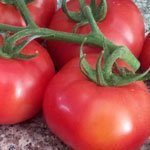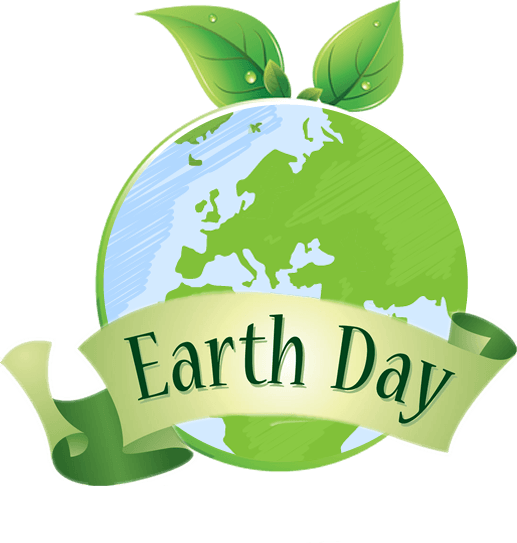Earth Day started in 1969 as an answer to an oil blowout in Santa Barbara, a way to be mindful of protecting the Earth. Now, it is celebrated in 193 countries and is the largest non-religious holiday in the world.
Recycling is now a way of life, and we are moving toward becoming a petroleum-free society, at some point. In our everyday lives, perhaps the easiest and best we can do is to eat green. The foods that help our planet the most, are the ones that we get naturally and easily. Eating local decreases emissions, and organic reduces the harm from chemicals to our bodies and the Earth. Beyond that, there are specific foods that are just the best for keeping our planet healthy. Some of these seem to make it on every “eat good” list, so we probably should make them a big part of our diet.
Lentils use very low greenhouse gas emissions, and require little processing (basically, pick and pack). So, lentils, again good for you and good for the planet.
Tomatoes also require very little processing so they fall slightly behind lentils on the green scale. 
Green peas do not require synthetic fertilizer, they actual help the soil that they grow in, using less harmful resources.
Now that we know the top three foods we want, let’s take a look at what to avoid.
Lamb is the most harmful food that is not manufactured. It has 50% more greenhouse gas emissions than beef, because it has less edible meat.
Beef is second on the list for how much water it takes to produce a pound of it (2500 gallons!), and the amount of feed it takes to raise cattle. Not to mention deforestation.
 Eating 4 ounces of pork is equivalent to driving your car three miles, in terms of carbon footprint. This has to do with farming practices that emit a lot of methane.
Eating 4 ounces of pork is equivalent to driving your car three miles, in terms of carbon footprint. This has to do with farming practices that emit a lot of methane.
Meat is at the top of the list for doing the most harm to the environment, but there are many foods that are processed in such ways that it is not environmentally friendly. Overall, we can just think about how we get our food, and how much we know about it. Saving a trip to the grocery store and having a farm box delivered or a mobile farm stand come to you obviously cuts down on greenhouse gasses by decreasing vehicle usage overall, but it goes beyond that. Foods that are not local, readily available, or take a lot to make it to your table, take a toll on the planet.
So, we start with organic and local, and we do our best to stay there. After all, it’s so good.
 And we do our best to go a bit further, packing all the produce in your boxes in one plastic bag to keep in as minimal as possible, and reusing and recycling our boxes. Give last week’s farm box back to us & keep the sustainability going.
And we do our best to go a bit further, packing all the produce in your boxes in one plastic bag to keep in as minimal as possible, and reusing and recycling our boxes. Give last week’s farm box back to us & keep the sustainability going.

